Everything You Need to Know About OpenAI’s CEO: Keeper Of Gold, Gas Masks, And Other Things
OpenAI is one of the most prominent and influential artificial intelligence (AI) research organizations. It is led by Sam Altman, a visionary CEO who has been instrumental in shaping the company’s course.
Let’s look at Altman’s rise to fame and some of his quirky characteristics!
The Whiz Kid
Sam Altman is a leading figure in the technology and startup world, known for his entrepreneurial mindset. He was born April 22, 1985, and grew up in St. Louis, Missouri.
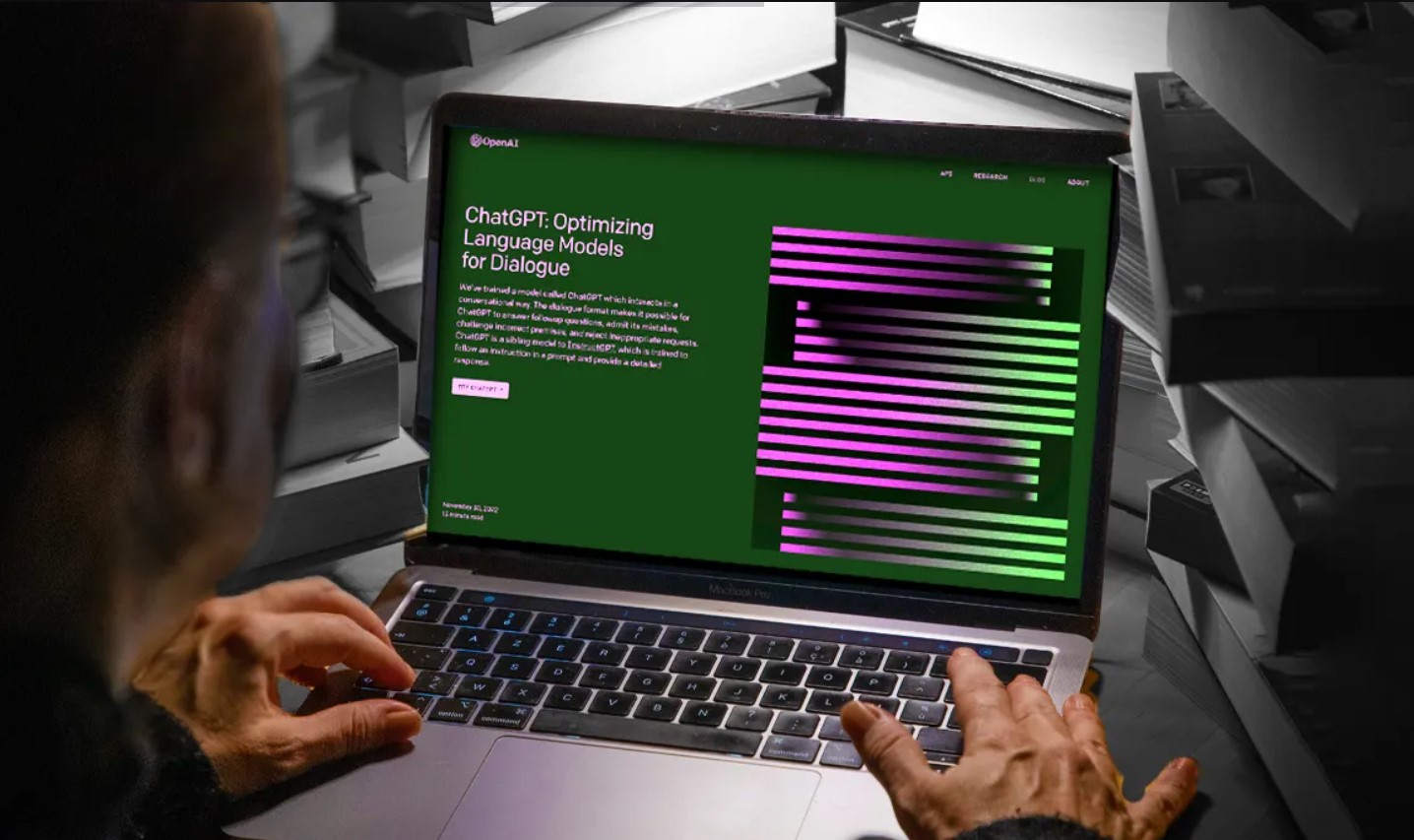
Source: Thebigcircuit/Pinterest
By the age of eight, he knew how to program and take apart a Macintosh computer. This early fascination with computers and technology laid the foundation for his journey to becoming who he is today.
The Rise of Sam Altman
Sam attended John Burroughs School, a private, non-sectarian college-preparatory school in St. Louis. He moved on to study computer science at Stanford University for two years before he and two of his classmates dropped out to work fully on their mobile app, Loopt.
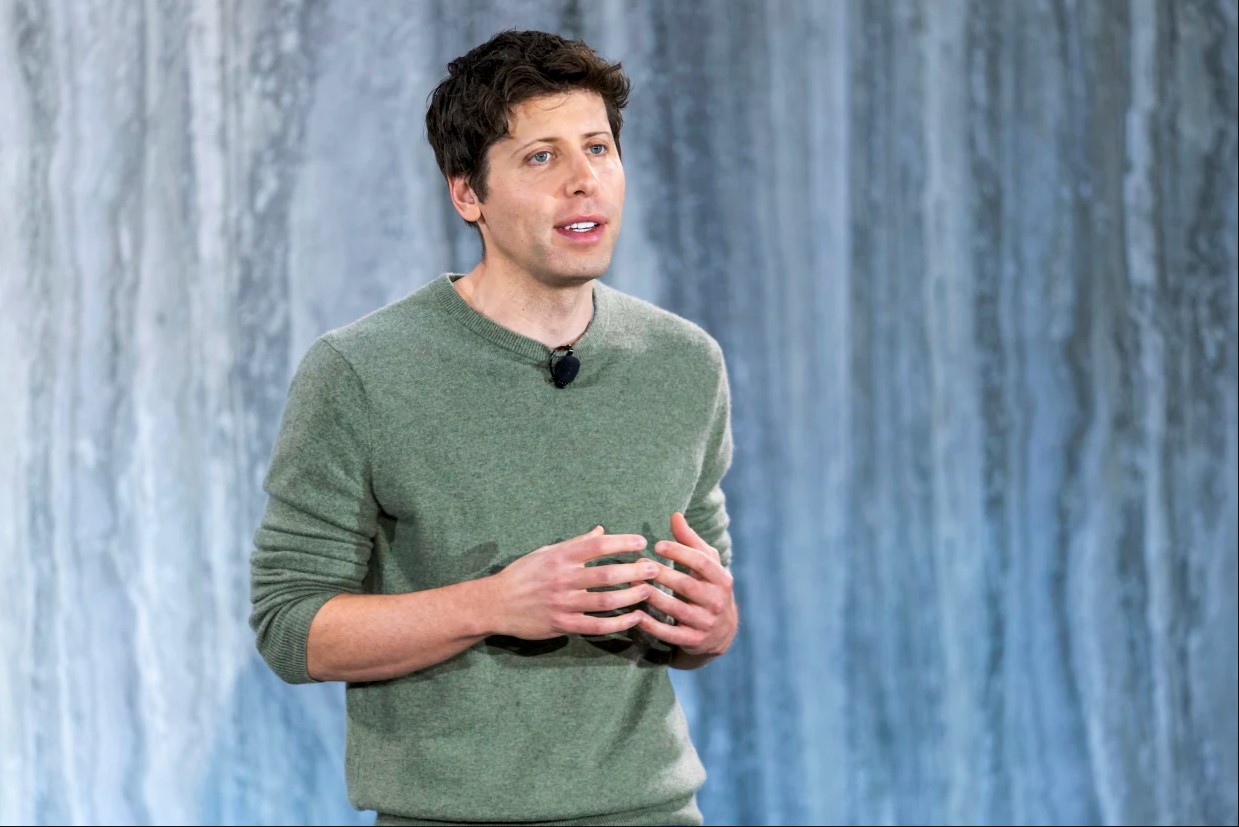
Source: nbcnews.com/Pinterest
The app shares a user’s location with their friends. Loopt was part of the first group of eight companies at startup accelerator Y Combinator. Along with Reddit, the founders of Loopt and other startups got $6,000.
From Coder to CEO
Loopt’s valuation eventually reached $175 million but didn’t gain enough interest for a buyout at the time. However, Sam and the other cofounders went on to sell it for $43 million in 2012. Altman moved forward and founded Hydrazine Capital, a venture fund.
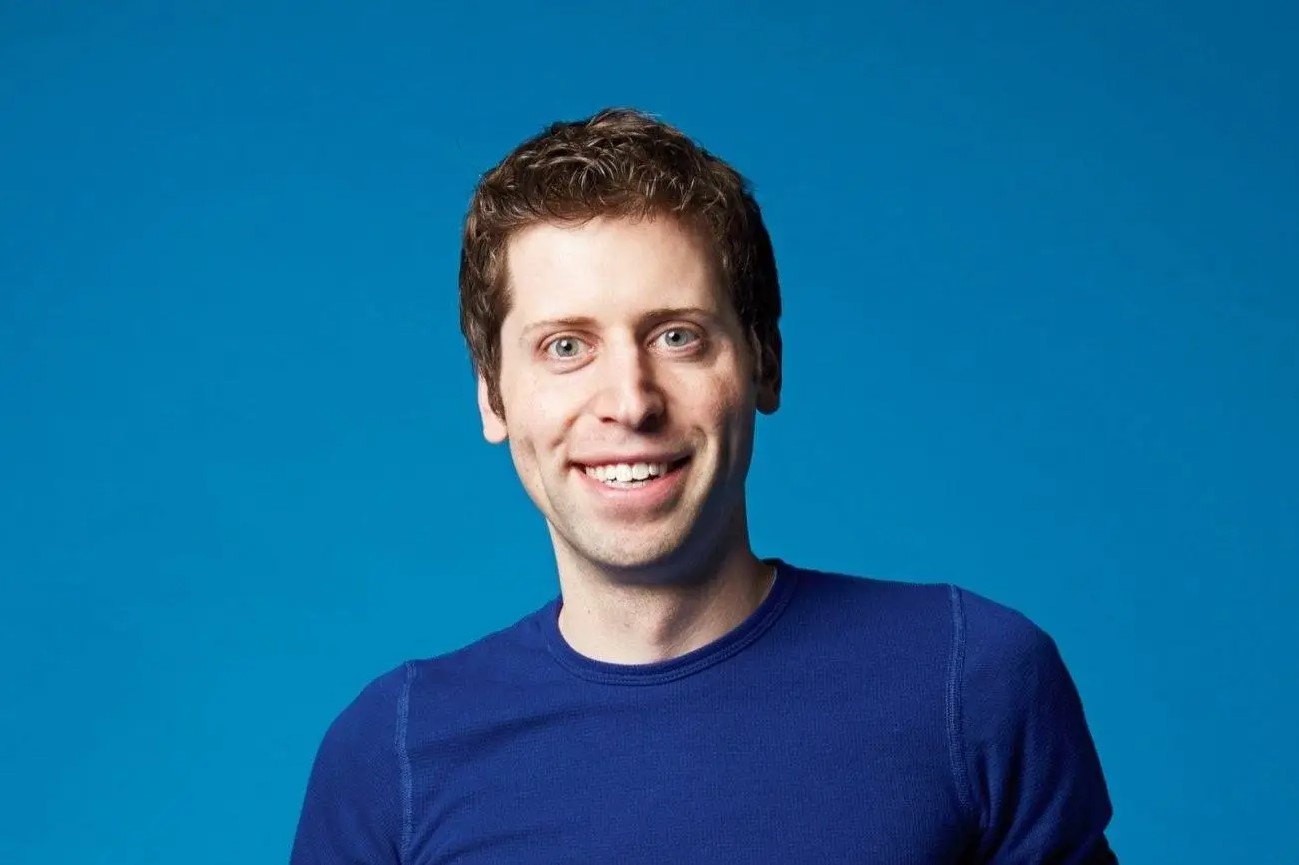
Source: Entrepreneurmedia/Pinterest
The fund raised $21 million, which included a large part of the $5 million he got from selling Loopt. The money raised also included an investment from billionaire entrepreneur and venture capitalist Peter Thiel.
Shaping the Next Generation of Tech Leaders
In 2014, Y Combinator founder Paul Graham chose Altman to succeed him as president of the startup accelerator. He was 28 years old at the time.
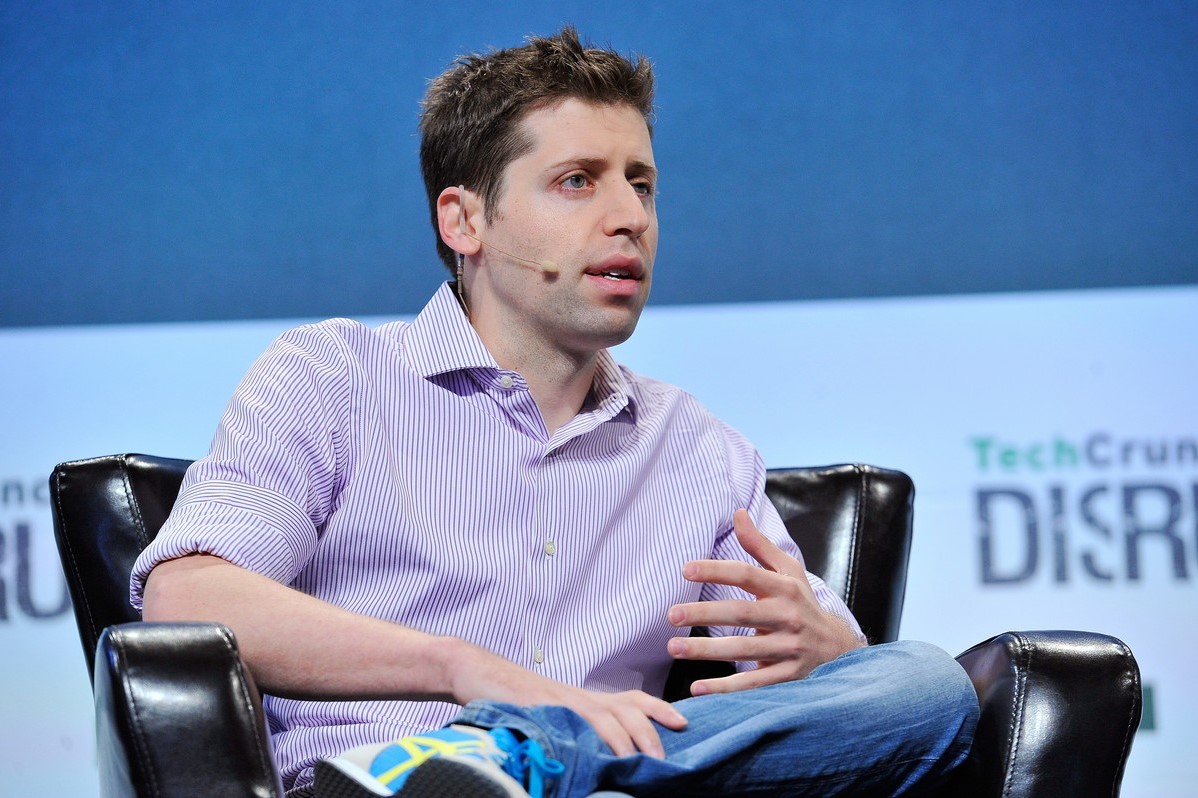
Source: TechCrunch/Pinterest
While serving as YC president, he was invited to give a lecture at Stanford, which he dubbed “How to Start a Startup.” In 2015, he was featured on the Forbes 30 Under 30 list for venture capital at age 29.
Giving Back to the Tech Community
After Sam became YC president, he wanted to allow more science and engineering startups into the batches. Thus he chose a fission and fusion startup for YC, largely because he wanted to start his own nuclear-energy company.
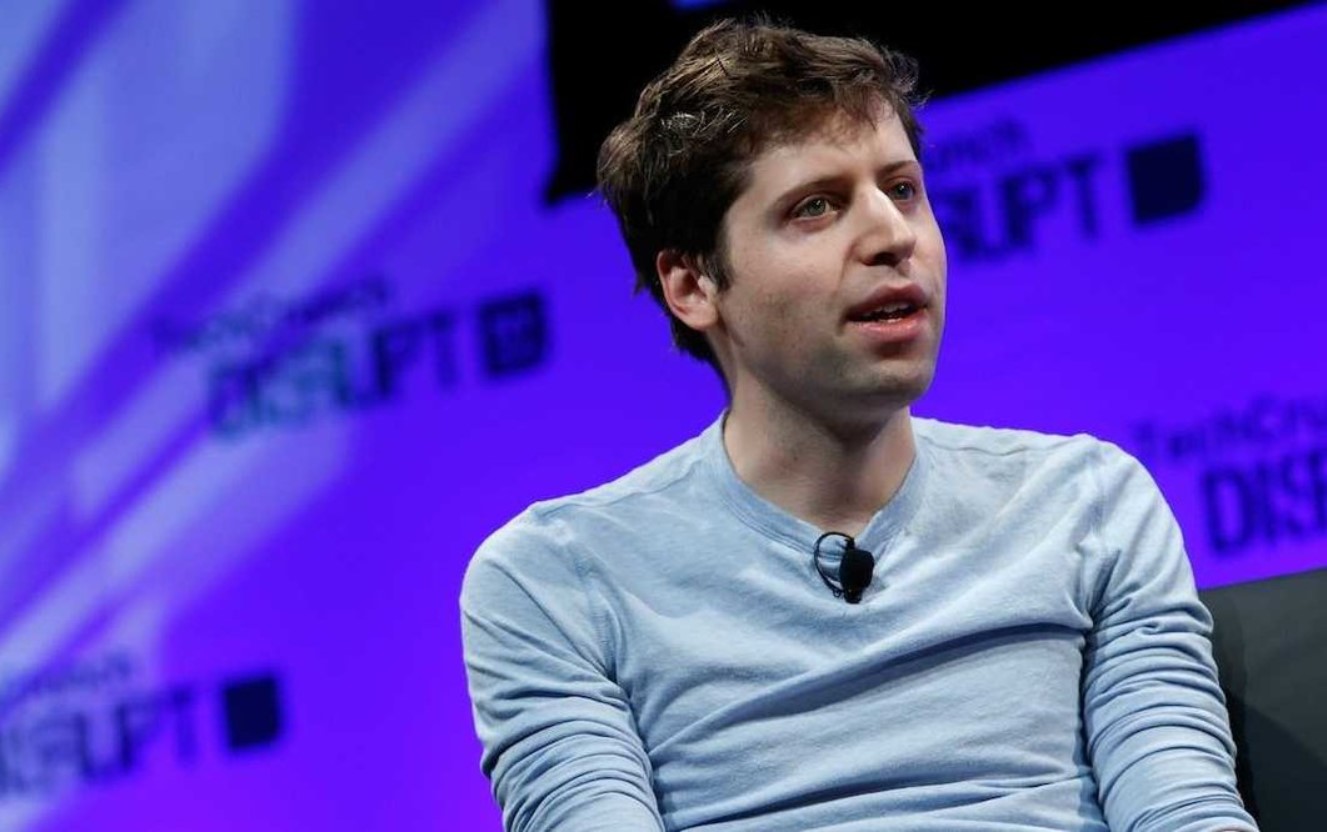
Source: BusinessInsider.com/Pinterest
He invested his money in both companies, served on their boards, and made decisions that benefited both companies. Mark Andreessen, cofounder of venture capital firm Andreessen Horowitz, said that, “Under Sam, the level of YC’s ambition has increased 10 times.”
In Pursuit of “Moonshots”
Altman is not just focused on those companies alone—he has also cofounded others with his brothers. His brother Jack is a co-founder and CEO at Lattice, an employee management platform. Sam also has another brother named Max.

Source: TheNewYorker/Pinterest
In 2020, all three Altmans launched a fund called Apollo. The firm focuses on funding “moonshot” companies. Moonshot companies are financially risky startups that could pay off with a breakthrough development.
Shaping the Future of Technology
In 2015, Altman cofounded OpenAI with Elon Musk, the CEO of Tesla and SpaceX. OpenAI is a nonprofit artificial intelligence company. The goal of both founders was to ensure AI doesn’t wipe out humans.
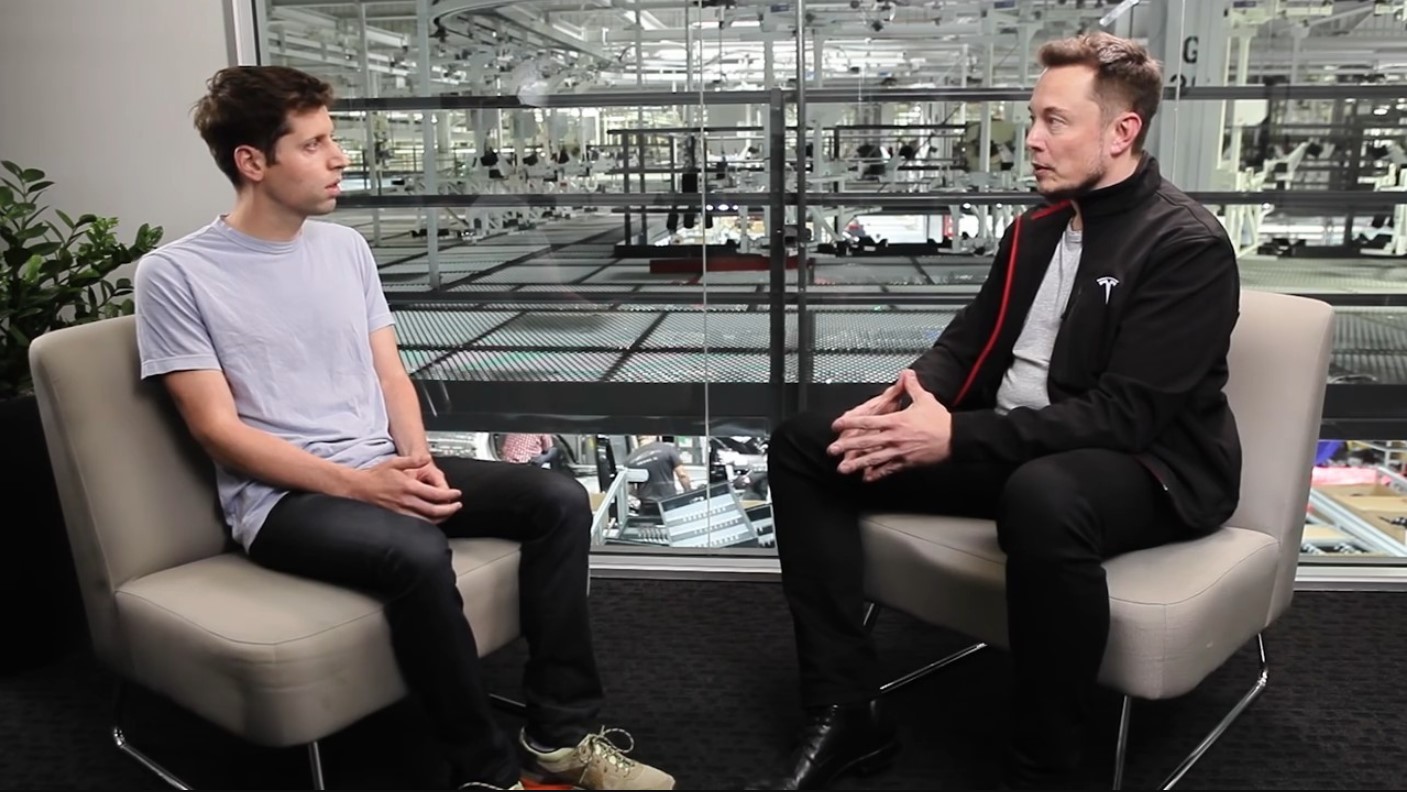
Source: YouTube
“We discussed the best things we can do to ensure the future is good. We could either sit on the sidelines or encourage regulatory oversight. We could also participate with the right structure with people who care deeply about developing AI in a way that is safe and is beneficial to humanity,” Musk said.
Fear of the Unknown
Sam told the founders of the startup Shypmate that he prepared for survival. He also warned them of a “lethal synthetic virus,” AI attacking humans, or a nuclear strife.
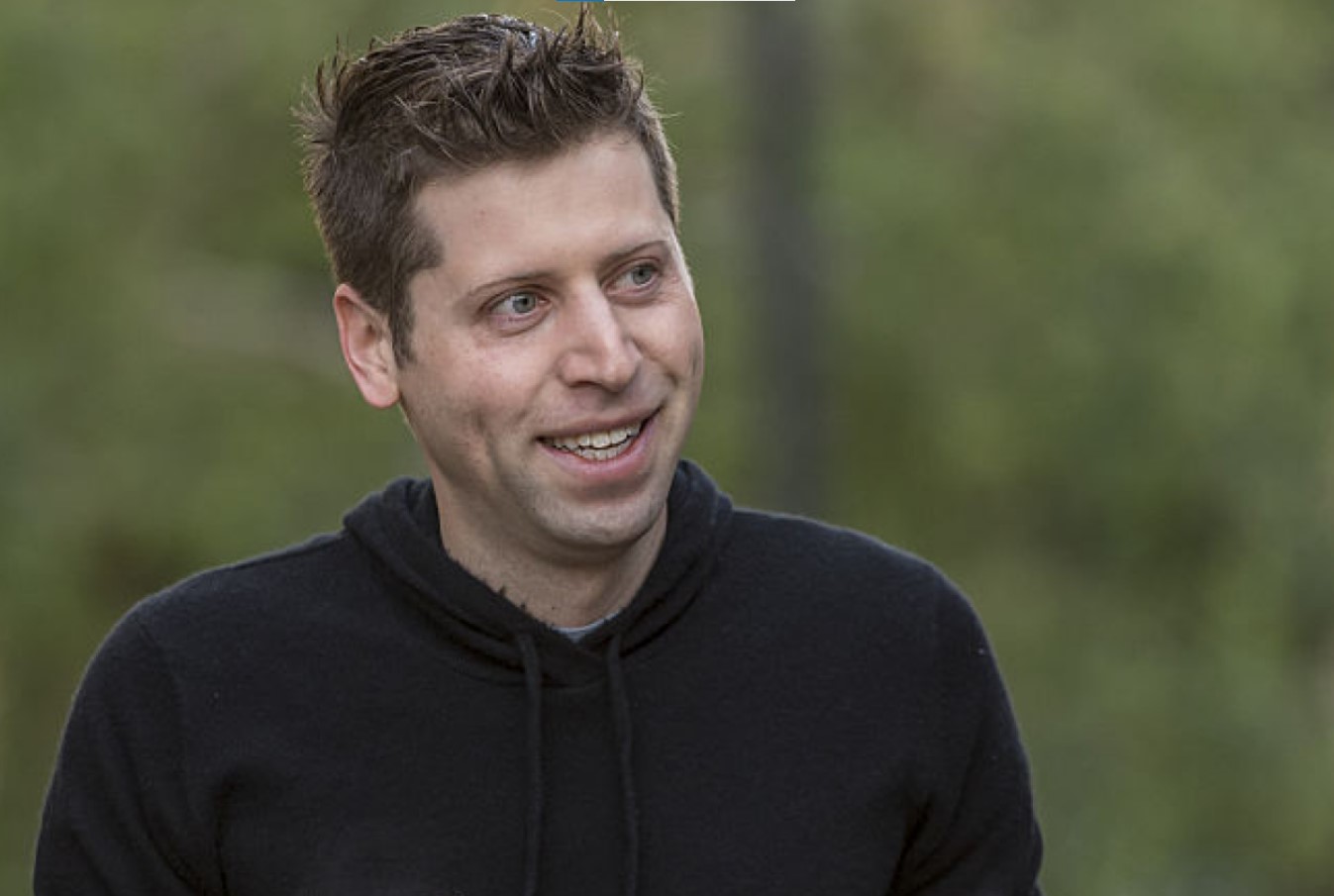
Source: TechCrunch/Pinterest
Speaking to the founders in 2016, Altman said, “I try not to think about it too much, but I have guns, gold, water, potassium iodide, antibiotics, batteries, gas masks from the Israeli Defense Force, and a big patch of land in Big Sur I can fly to.”
From Startup Wunderkind to Silicon Valley Visionary
Reid Hoffman, Peter Thiel, Sam Altman, Elon Musk, and some other of Silicon Valley’s most prominent names pledged $1 billion to OpenAI.
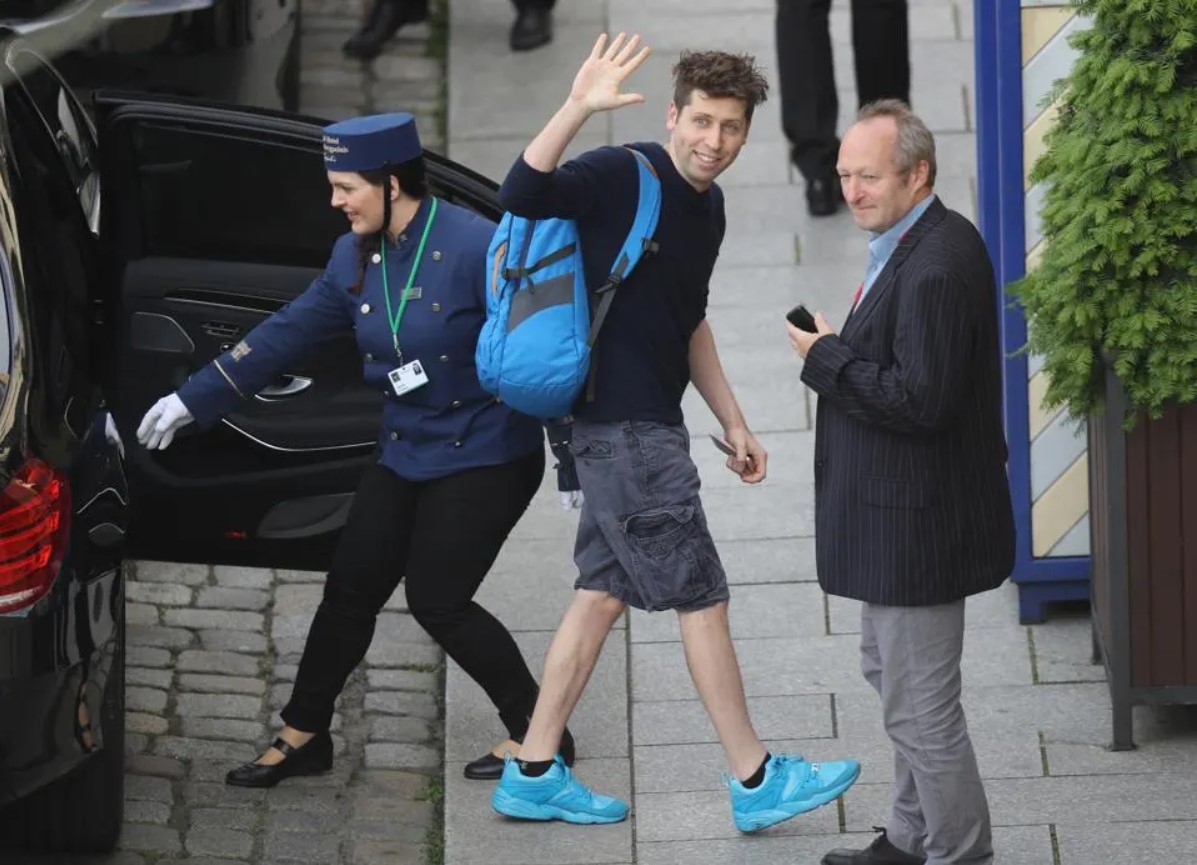
Source: Businessinsider.com
In March 2029, Sam stepped down as YC president because he wanted to focus on OpenAI. However, he retained a chairman role for the accelerator. He eventually became the CEO of OpenAI in 2019.
A Look into Audacious Projects
OpenAI eventually turned from a nonprofit company into a “capped-profit” organization, after which, Sam became CEO. “We want to increase our ability to raise capital while still serving our mission, and no pre-existing legal structure we know of strikes the right balance,” OpenAI said on its blog.
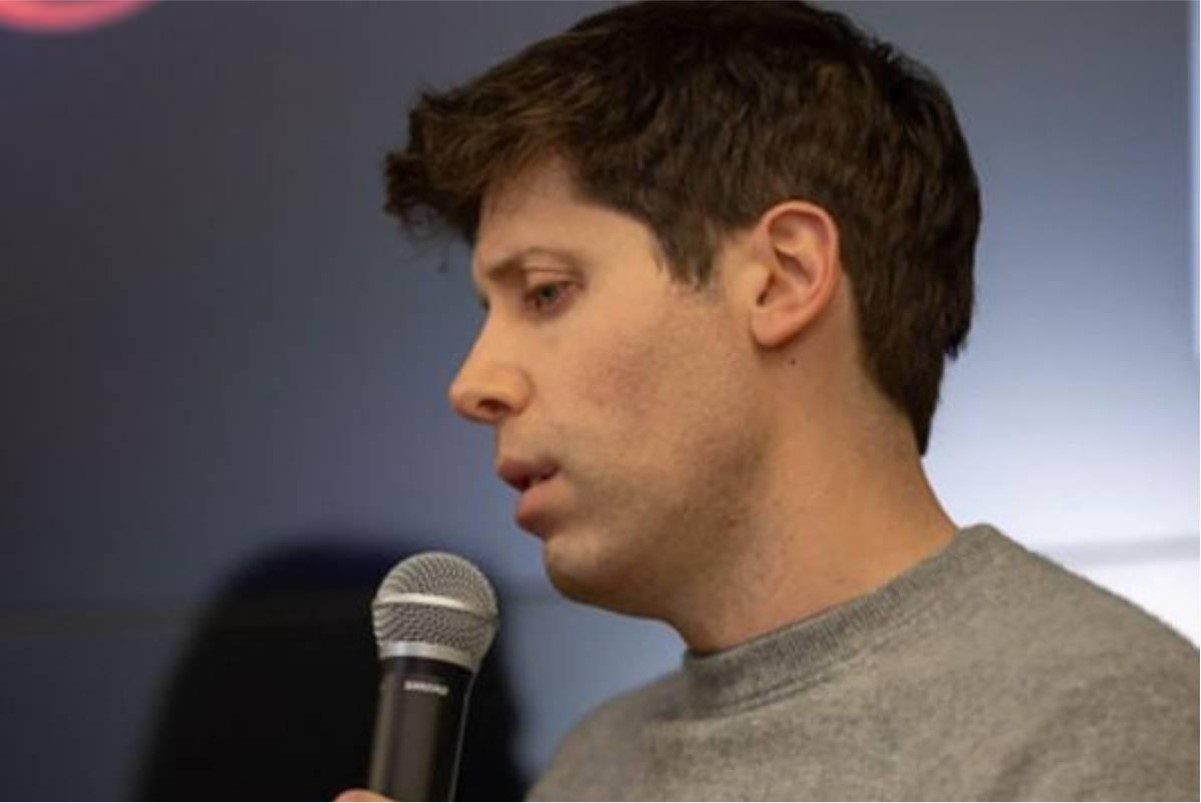
Source: InfoTech/Pinterest
Its solution was to create a hybrid of a for-profit and nonprofit, what they referred to as a ‘capped-profit’ company.
Artificial General Intelligence
After Sam met with the CEO of Microsoft in 2019, OpenAI received a $1 billion investment from the tech giant. After this investment, the company started focusing more on developing natural language processing, according to insiders at OpenAI.
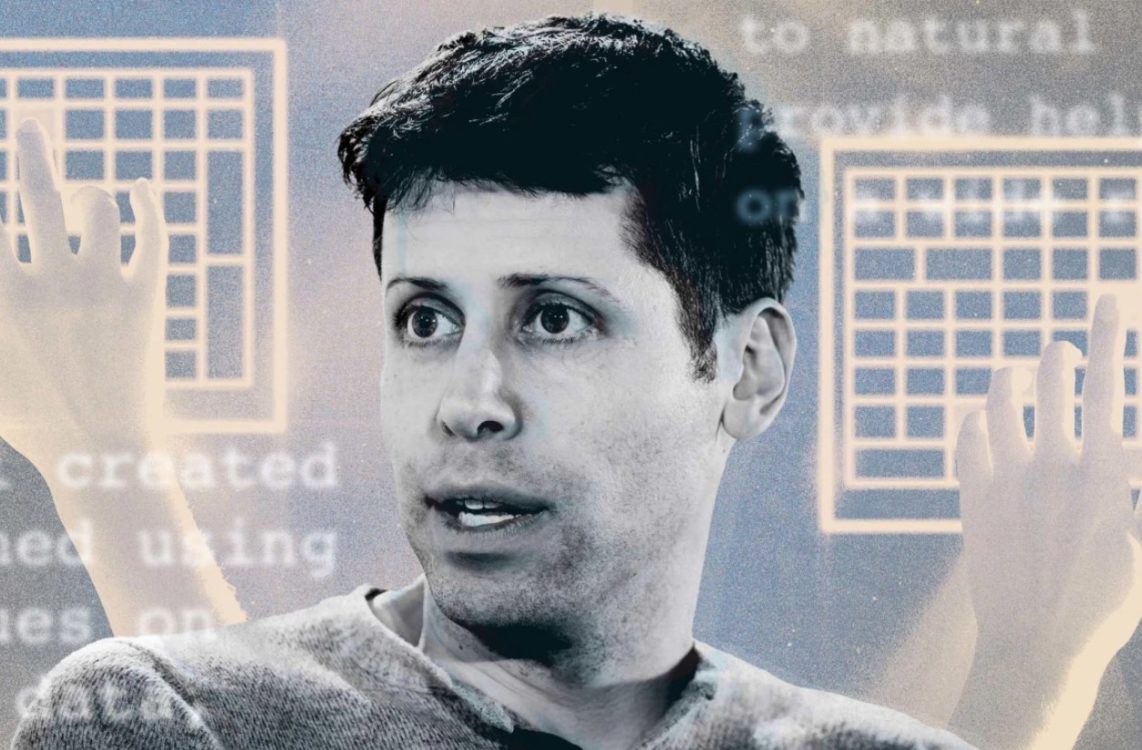
Source: Apple.news/Pinterest
The move was the best opportunity for the company to reach artificial general intelligence (AGI). According to Sam and OpenAI’s chief scientist, Ilya Sutskever, this system has broad human-level cognitive abilities.
The Worldcoin Project
On October 21, 2021, Sam and his co-founders launched a global cryptocurrency project called Worldcoin. The objective was to give people worldwide access to crypto by scanning their iris with an orb.

Source: Cryptoslate.com/Pinterest
Due to logistics issues, it stopped operating in some countries in 2022. However, the company recently tweeted that it has reached one million people and has onboarded over 150,000 first-time crypto users.
Generative AI: ChatGPT and DALL-E
Under Altman’s tenure as CEO, OpenAI has released prominent AI tools, including DALL-E and ChatGPT. DALL-E and ChatGPT are known as “generative” AI, meaning the bot creates its own artwork and text based on the information it has been fed.
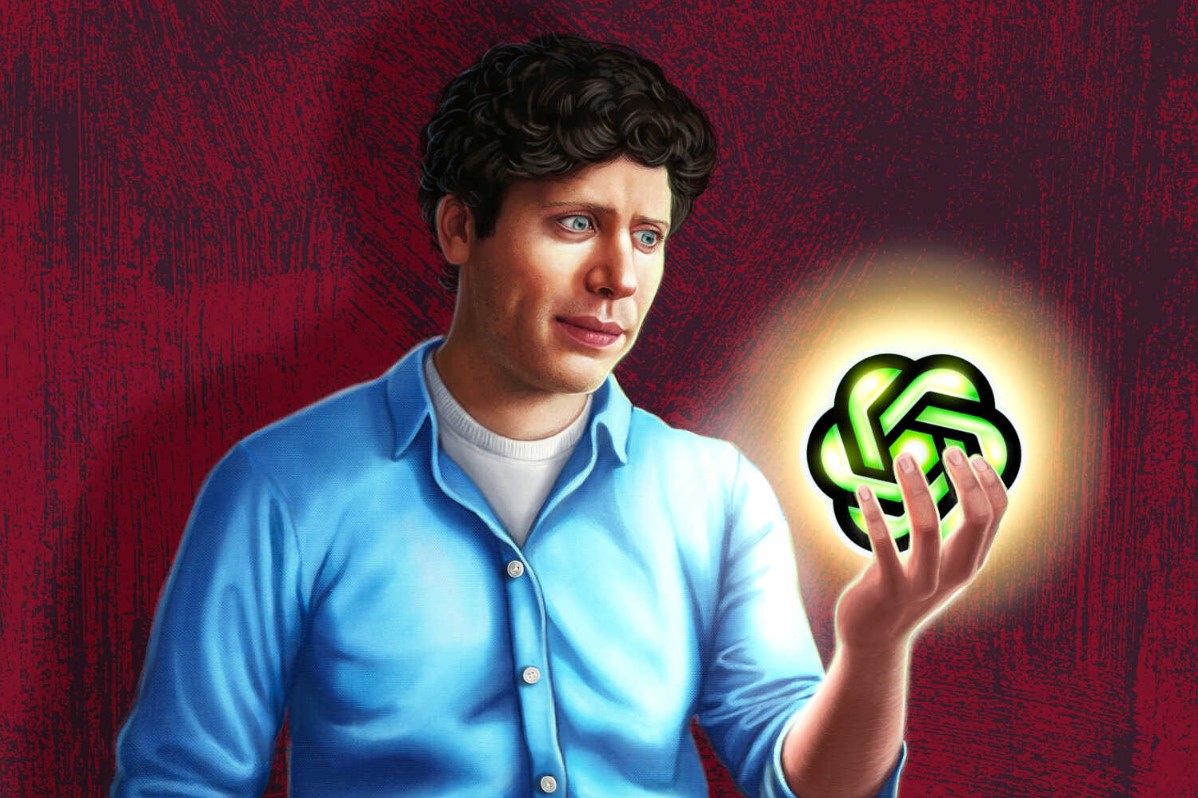
Source: TheNewYorkTimes/Pinterest
However, Altman is still interested in nuclear fusion. He invested $375 million in Helion Energy last year. “Helion Energy is more than an investment to me. It’s the other thing beside OpenAI that I spend a lot of time on. I’m just super excited about what’s going to happen there,” Sam said.
A Trailblazer in the Tech Industry
Sam has advocated for AI before the State of California and US Congress. In his first appearance before Congress, he told a Senate panel there should be a government agency to grant licenses to companies working on advanced AI.
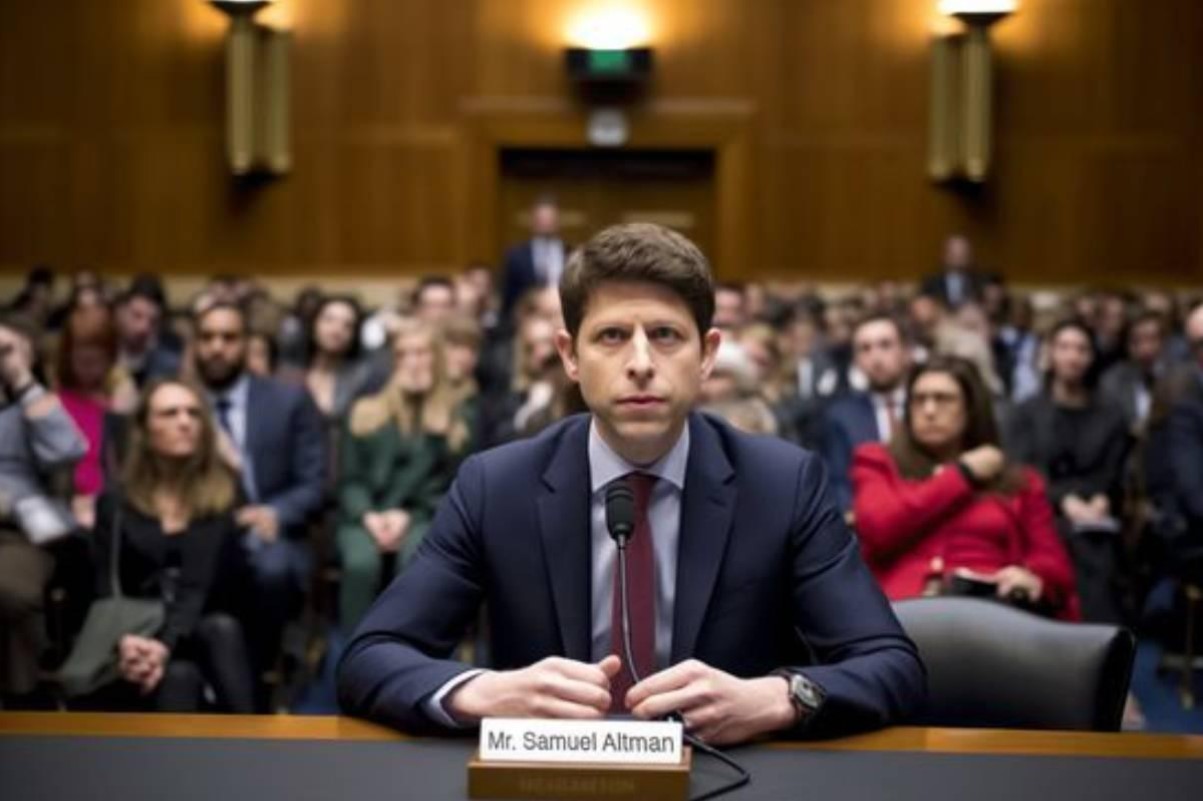
Source: NewsbyAI/Pinterest
He said the agency should be able to revoke licenses from companies that don’t follow safety rules. He thinks if the technology goes wrong, it can go quite wrong. “We want to be vocal about that. We want to work with the government to prevent that from happening,” Sam explained.
